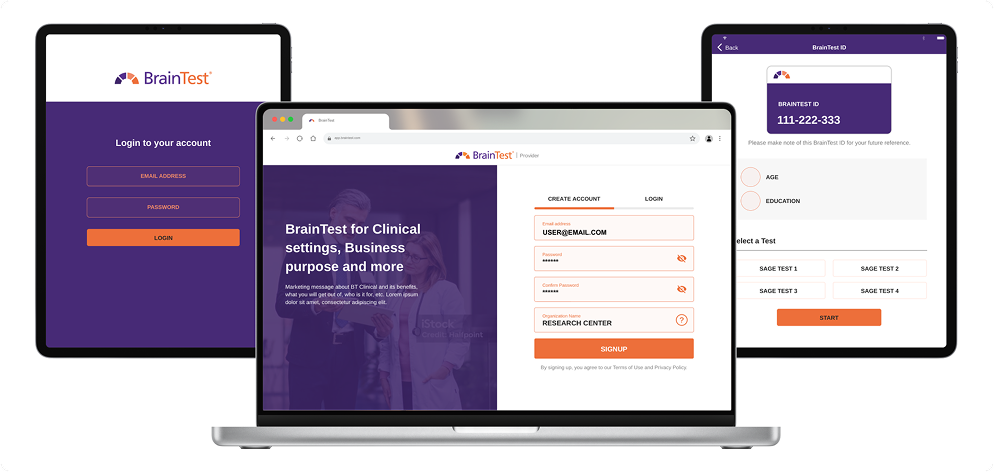
Overview
BrainTest Clinical is a B2B web platform that enables research teams and healthcare institutions to conduct and manage cognitive studies. I led the UX redesign to make it scalable, flexible, and easy to use for professionals with varying technical skills.
Challenge
The existing system was originally built for consumers, not researchers. Each new client required manual setup and custom workarounds, which slowed growth and increased support needs.
My Role
As Product Designer, I worked closely with the Product Manager and multiple U.S. research groups to translate complex study requirements into simple, efficient workflows.
Key Responsibilities:
- Conducted client interviews and mapped diverse workflows
- Created wireframes, user flows, and interactive prototypes
- Defined modular components for scalable study setup
- Collaborated with developers to ensure usability and consistency

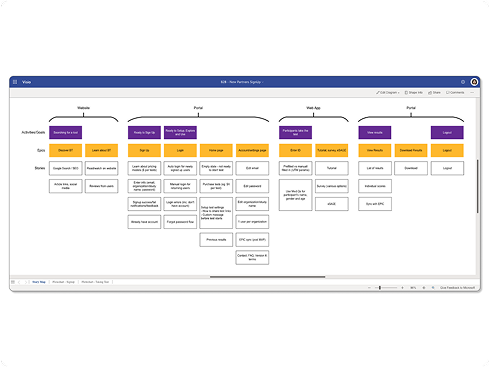
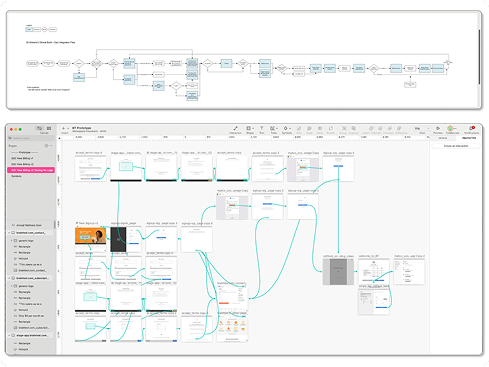
Design Highlights
- Unified Dashboard: Centralized study setup, participant tracking, and data access.
- Custom Templates: Allowed quick configuration for different research needs.
- Simplified Onboarding: Reduced setup steps by 40% through guided UI.
Results
- 40% faster client onboarding through simplified setup flow
- 35% fewer support tickets within three months post-launch
- 3 new research partnerships established within one quarter
- Increased platform adoption by 50% across existing clients
- Improved usability score (SUS 68 → 85) during validation testing
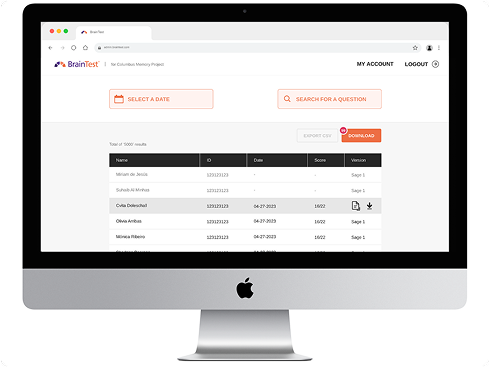
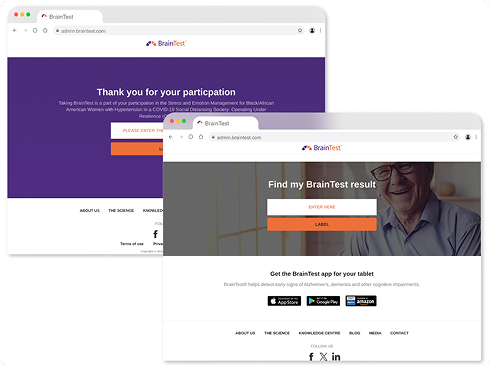
Reflection
This project deepened my ability to balance business goals, technical limitations, and user needs in the healthcare domain — creating an experience that’s functional, compliant, and human.
 Read more about
BrainTest Clinical
Read more about
BrainTest Clinical
 Back to My
Work
Back to My
Work